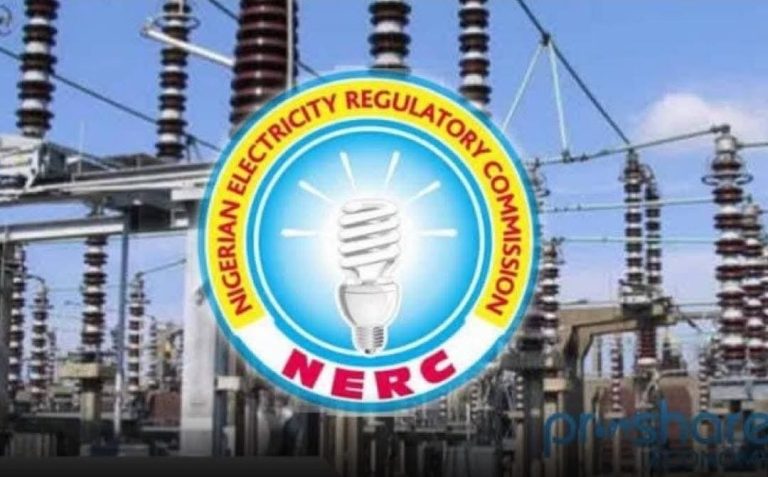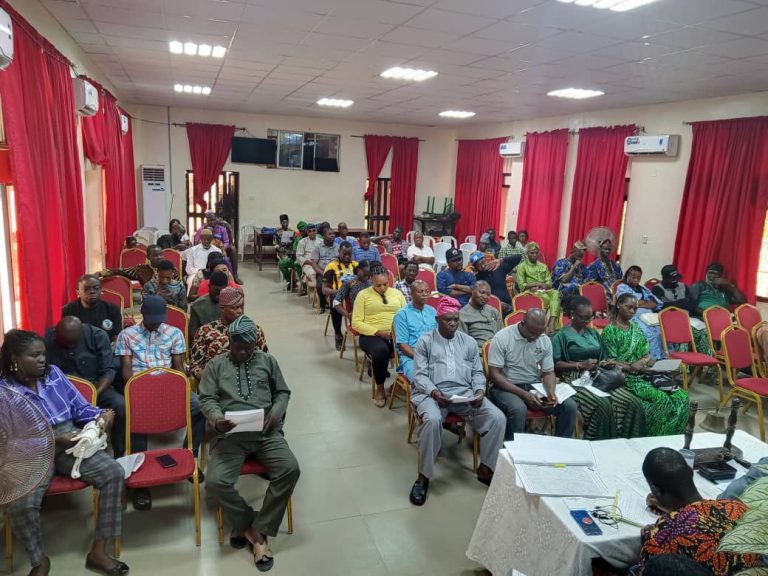
NAEC 2025 : BREAKTHROUGH: NUPRC SETS SIGHTS ON 2.5m BOPD BY 2027, UNVEILS ROADMAP TO UNLOCK NIGERIA’S OIL POTENTIAL”

GREATRIBUNETVNEWS–THE Nigerian Upstream Petroleum Regulatory Commission (NUPRC) has reaffirmed its commitment to achieving a national production target of 2.5 million barrels of oil per day (BOPD) by 2027. Speaking at the Association of Energy Correspondents of Nigeria (NAEC) event in Lagos, NUPRC Chief Executive, Engr Gbenga Komolafe, outlined the commission’s strategy to unlock Nigeria’s oil potential and drive upstream growth .
Key Highlights.
– Renewed Activity: NUPRC has facilitated renewed activity across mature assets, projected to deliver incremental volumes exceeding 1 million barrels of oil per day.
– Infrastructure Protection: Komolafe emphasized the need to protect Nigeria’s energy infrastructure and uphold transparency, accountability, and efficiency in the regulatory process.
– Upstream Rebound: The NUPRC is working to sustain Nigeria’s upstream rebound and strengthen the oil and gas sector.
– Gas Development: The commission is also focused on developing Nigeria’s gas resources to support the country’s energy future.
Roadmap to Success.
The NUPRC’s roadmap to achieving 2.5m BOPD by 2027 includes :
– Increased Investment: Attracting investment in the upstream sector to boost oil production.
– Infrastructure Development: Developing critical infrastructure to support oil and gas production.
– Regulatory Framework: Strengthening the regulatory framework to ensure transparency, accountability, and efficiency.
NUPRC’s Vision.
The NUPRC is committed to driving growth and development in Nigeria’s oil and gas sector, while ensuring the protection of the nation’s energy infrastructure and the environment
“Through these efforts, the commission is not only driving the rebound of the oil and gas industry, but also shaping Nigeria’s long term energy future.
According to him, a sustainable rebound also demands secure infrastructure and credible measurement systems.
To this end, he said the Commission has collaborated with security agencies, private contractors and community stakeholders in implementing the Upstream Measurement Regulation and the Advance Cargo Declaration Regulation.
He stated that the result is a remarkable 90 per cent reduction in crude oil theft from over 102,000 barrels per day in 2021 to 9,600 barrels per day as of September 2025.
Speaking further Engr Komolafe also said that the Commission through the Host Communities Development Trust (HCDT) has successfully inaugurated over 90 Trusts across the Niger Delta, ensuring that development funds flow directly tocommunities.
He said, “This model not only secures local
ownership, but also guarantees peace, stability and continuity in production, key pillars for sustained energy security.
Accordingtohim, the rebound we are witnessing in Nigeria’s upstream sector is not
by chance.
“It is the outcome of deliberate regulatory
design, anchored on transparency, efficiency and
inclusiveness. The Commission’s strategic vision aligns with Nigeria’s broader economic goals and global sustainability commitments.
“At the same time, we are advancing Nigeria’s
gas agenda as part of the “Decade of Gas” and the nation’s energy transition pathway,” he said.
Engr Komolafe also noted that Natural gas remains our most reliable transition fuel, a catalyst for industrialization, power generation and clean energy substitution.
He maintained that by promoting gas monetization, flare elimination and gas-based investments, the Commission is reinforcing Nigeria’s commitment to a just and balanced energy transition.
On the global stage, he said the context reinforces this direction, adding that the IEA projects that upstream investment will surpass $580 billion in 2025, making a steady recovery from pandemic lows.
He urge NAEC members and the wider press community, to continue ensuring that their reports are factual, verified and development-oriented.
Komolafe noted that responsible reporting strengthens investor confidence and preserves national reputation, adding that misinformation on the other hand, can distort progress and discourage investments.







